T4K3.news
GLP-1 Drugs Reach Mainstream Jealousy Follows
As GLP-1 drugs move into everyday life, social tensions and access gaps become more visible.
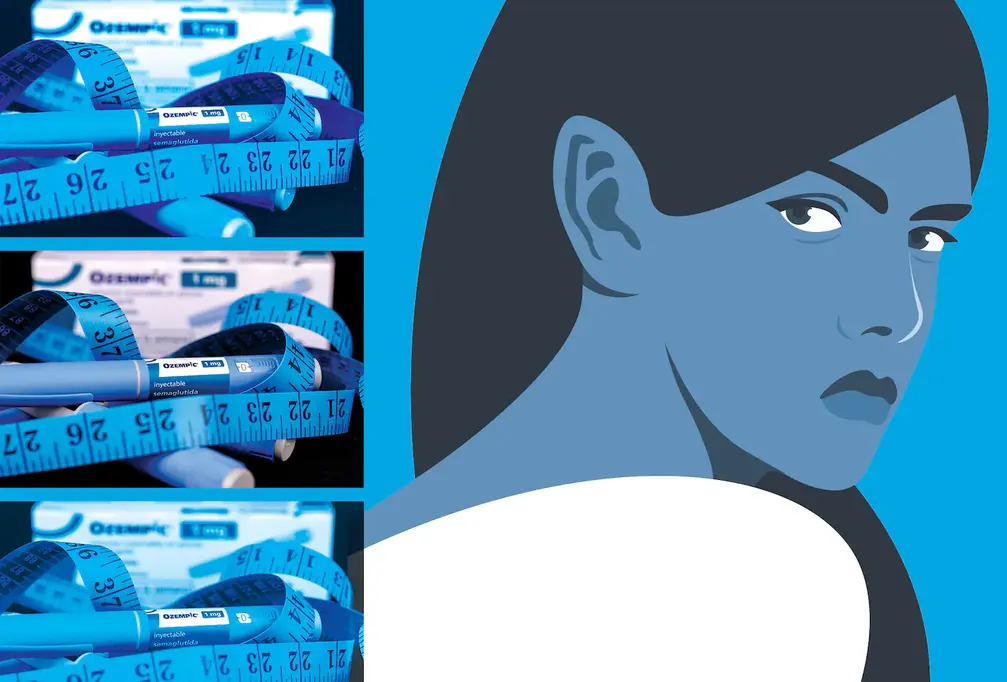
As GLP-1 weight loss drugs move into everyday life, jealousy and secrecy strain friendships, families, and clinics.
GLP-1 Drugs Reach Mainstream Jealousy Follows
GLP-1 drugs, used for weight loss and diabetes, are moving from clinics to everyday life. A Rand survey cited in the article shows about 12 percent of Americans have used GLP-1 drugs for weight loss and another 14 percent say they are interested. The rise is accompanied by unequal access. Some people cannot afford the drugs or get prescriptions easily, while others obtain them through online clinics or social networks. The piece follows real people, such as Berry, a medical assistant who used a non brand version after perimenopause, and notes how a slim appearance triggered tension in a salon where a diabetic patient needed branded medicine. These experiences highlight how affordability and access shape who benefits and who bears costs.
Social dynamics are changing as GLP-1s enter social circles. Jealousy, secrecy, and fear of judgment appear in friendships and marriages. Online prescriptions and off label use complicate care coordination and raise privacy concerns for doctors and patients alike. Some individuals fear telling their physicians about drug use, while others worry about being labeled or pitied for needing help. The article shows people wrestling with decisions about whether to pursue weight loss drugs long term or to rely on lifestyle changes and medical monitoring.
Key Takeaways
"I’m not going to lie to her, but I’ve got myself into a pickle."
Mary, 35, considers online prescription for Zepbound and fears telling her doctor.
"People have this idea that being fat makes you horrible, and losing the fat any way other than their way also makes you horrible."
Jacqui Conforti on stigma surrounding weight and treatment.
"I don’t like people implying that I need to be fixed."
Jen Gaouette expressing frustration with judgment about her weight and treatment.
"Maybe I should just do it."
Amanda Torrey weighing a GLP-1 option after seeing a friend's dramatic change.
The story points to a broader question about health care in a status driven culture. When medical help becomes a social signal, trust between patients and clinicians can fray. Access gaps magnify these tensions, creating a two tier system where a subset obtains rapid benefits while others face barriers. The social pressure to look a certain way intersects with medical choices, risking stigma for those who use GLP-1s and for those who do not. This dynamic challenges doctors to balance empathy with evidence while navigating patients who obtain medicines outside traditional channels.
Looking ahead, the policy conversation must address affordability and oversight without eroding patient autonomy. Clear guidance on safe use, long term effects, and the role of online providers could help restore trust. The aim should be to support all patients fairly while reducing the social harm caused by judgment and secrecy.
Highlights
- Thinness now comes with a price tag and a side of suspicion
- Losing weight with a pill is easy trust is not
- This pill is not just medicine it’s a social mirror
- Care should be about health not hush money
Social and financial risks of GLP-1 mainstream use
The piece highlights affordability gaps, privacy concerns with online prescriptions, and stigma. These factors create potential for unequal health outcomes and public backlash.
As GLP-1 drugs become more common, care must extend beyond medicine to fairness, privacy, and trust.
Enjoyed this? Let your friends know!
Related News
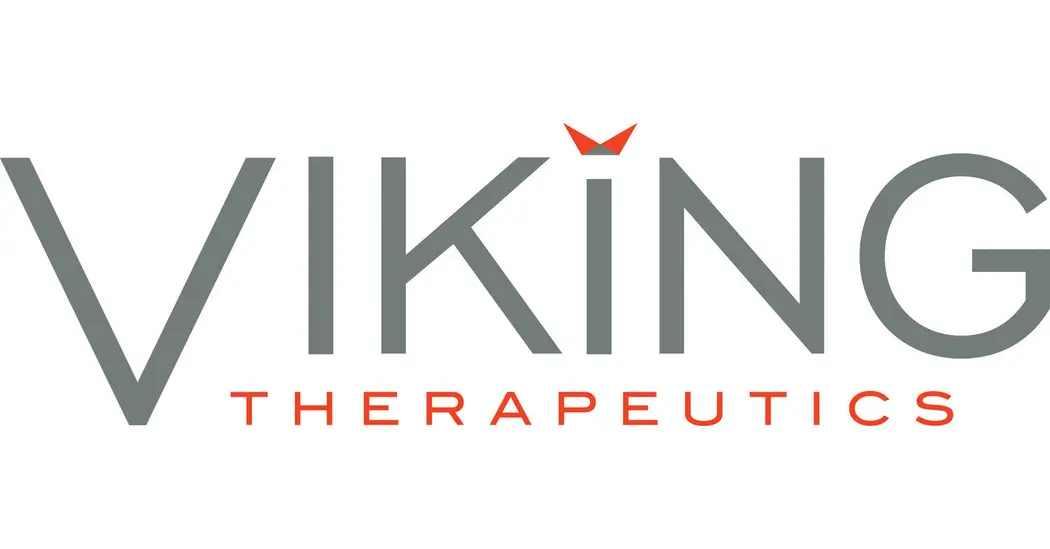
Viking VK2735 shows strong Phase 2 weight loss

Mounjaro shows promise in reducing alcohol cravings
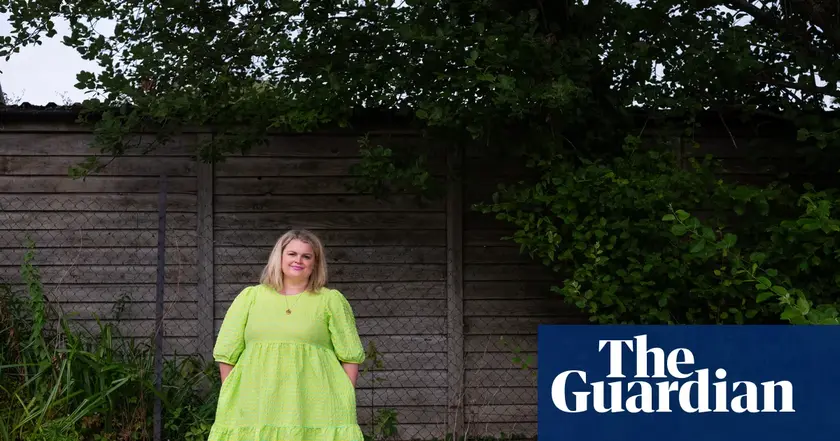
Shrinking Summer tests body positivity

Novo Nordisk gains liver disease approval for Wegovy
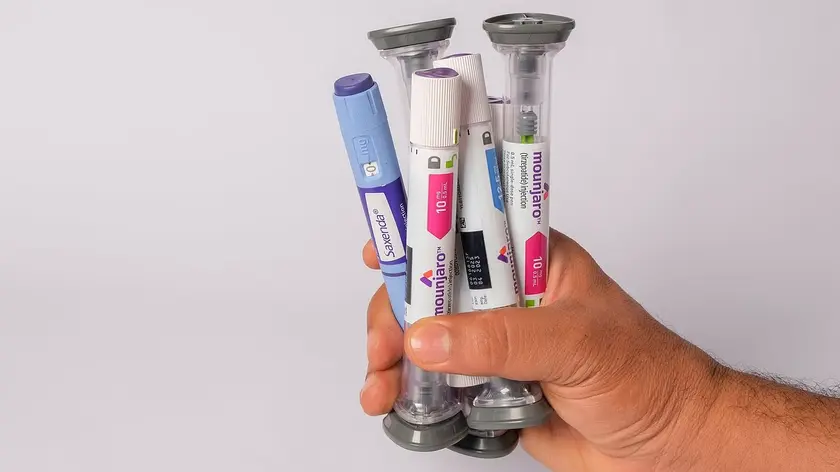
Weight loss drugs entering a new era
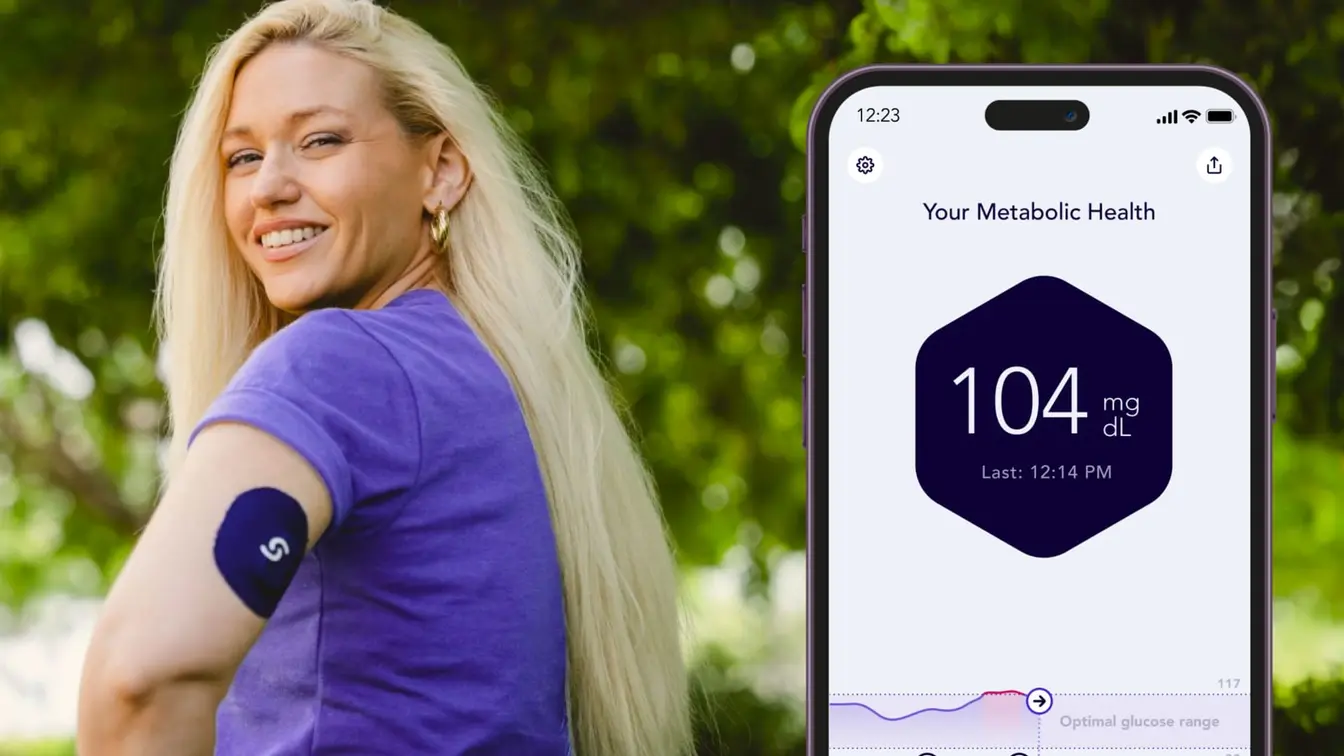
FDA approves Signos glucose monitoring for weight loss

Exploring GLP-1 medications and their implications
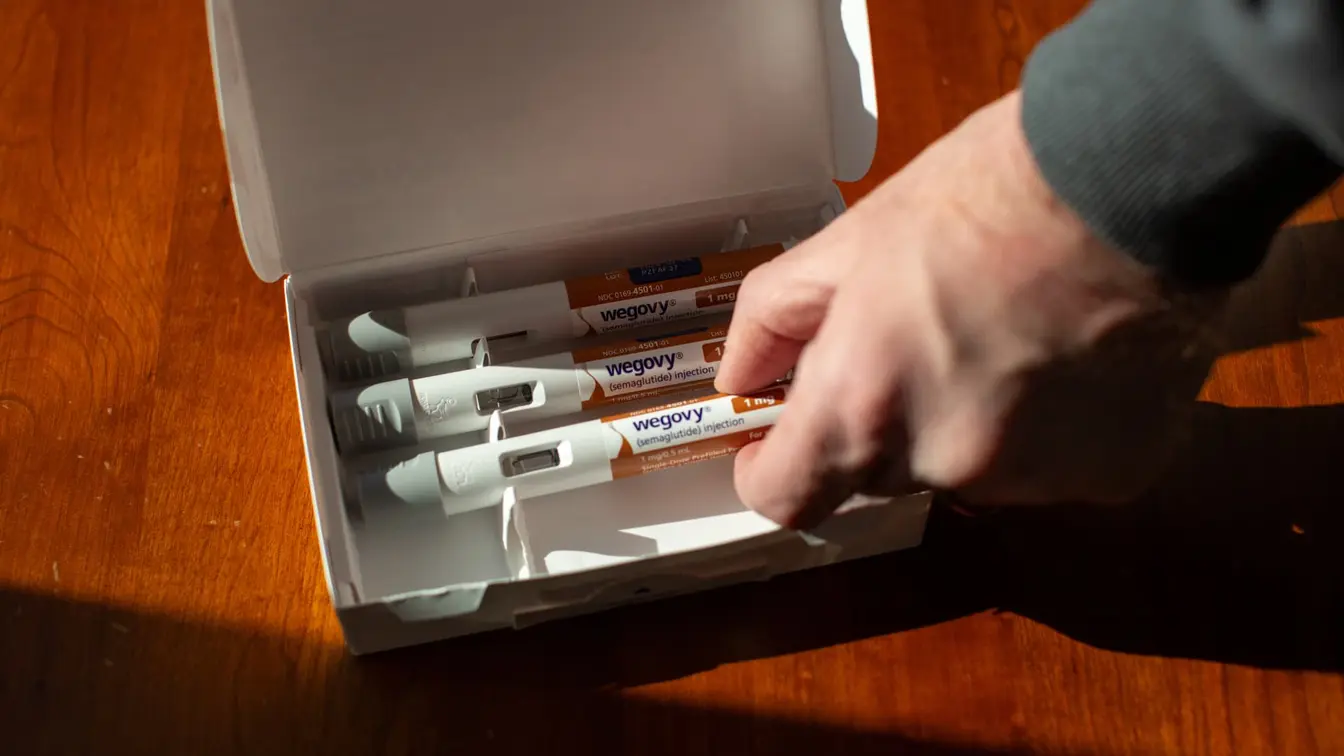
GLP-1 drugs show potential for PCOS treatment
